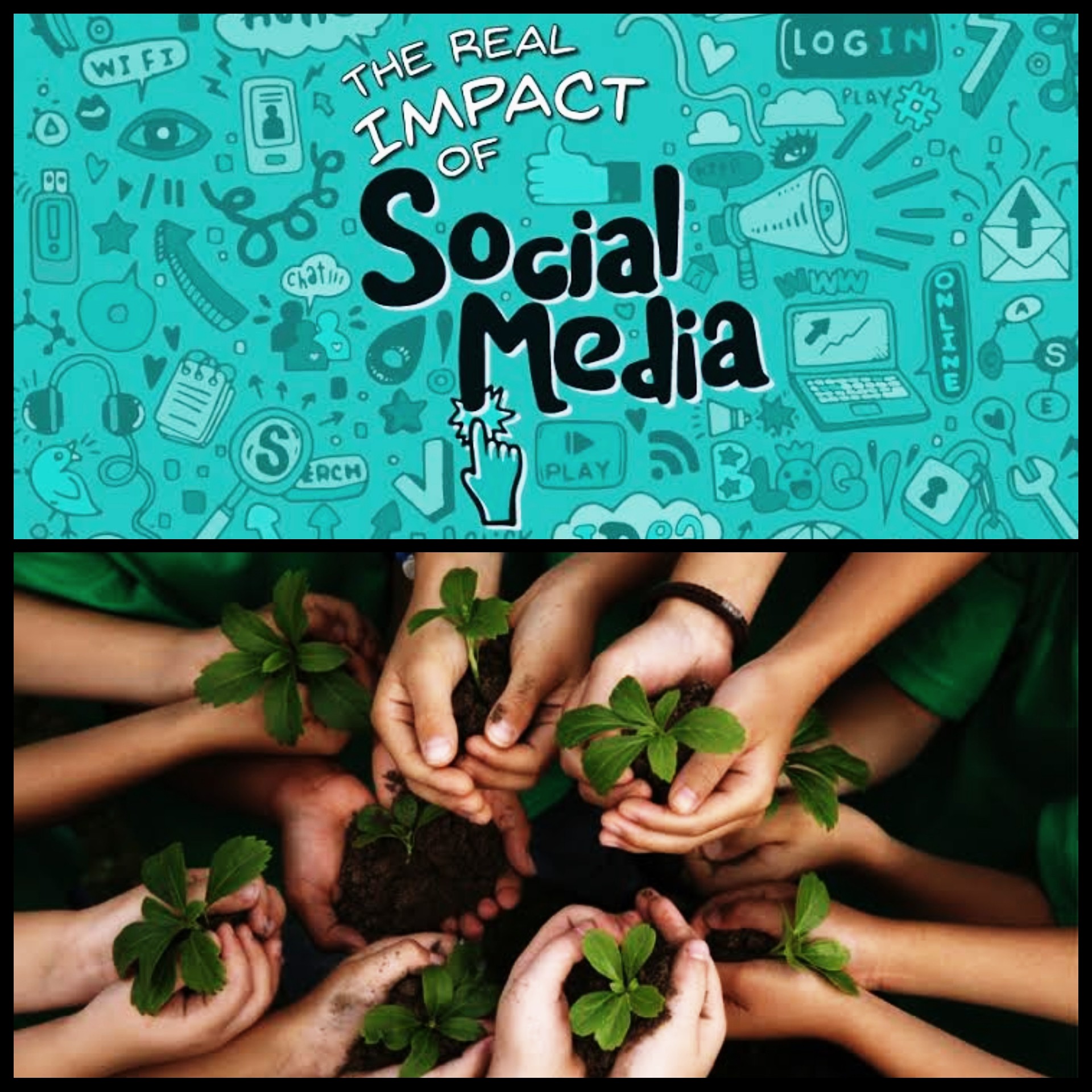Early in the year 2016, the 17 Sustainable Development Goals (SDGs) of the 2030 Agenda for Sustainable- adopted by world leaders in September 2015 at a historic United Nations Summit- officially came into force.
Since the emergence of this global goals, young people have significantly engaged with local, national and global decision making processes. There is strong participation in socio-economic, political or environmental issues, which has developed into social change.
Nearly two-thirds (66%) of young people have access to Facebook, Twitter, YouTube, WhatsApp, etc. In today’s world, people aged 15-35 use social media platforms to sign petitions, share opinions regarding national or world systems, e-debate and also promote advocacy towards developmental goals.
Social media has played an impactful role in leadership and youth engagements because it is a medium where youths use to communicate with charities, Non-Governmental bodies, campaign groups and even people living with challenges. People are taking up responsibility and leadership roles towards community-driven projects and needs. These solved needs are in turn a means of awareness and mobilization for the partnership of goals. Inequality is also reduced with the help of social platforms as individuals are given the opportunity to share their thoughts and ideas amongst other people. Social media has created a platform and increased chances of advocating for social transformation irrespective of one’s location or continent. Together, people speak in one voice and accomplish goals because there is a mutual ideology and need that overcome tribe, gender, status, race.
I remember vividly well of a 21-year-old man who uses art paintings in reaching out to children with Autism. He will upload the drawings on Twitter and Instagram, alongside tagging and creating keywords that relate to his audience. In two months, his impact was felt and he was reached tor collaboration by four people from different countries. Social media makes social change be heard.

- Here, you see organizations or people who complement with your goals,
- Organizations or individuals striving for partnership aligning with your goals,
- Promotions or recommendations,
- If you have created a Positive or Negative online presence,
- The degree of relevance or surmountable role you play in your community or circle of influence.
Social media has also made politics more accessible and transparent for younger generations. For example, Twitter and Facebook are two major platforms where individuals use it to communicate directly with a politician and political party by following their pages, commenting on their walls/ tweets. In some parts of Africa where political roles and governance are still controlled by aged ones, social media has helped youths create a solid niche to speak, advocate against corruption, nepotism, public office embezzlement, etc. It has brought about improvement in public offices and accountability.
Online activism, petition signings, Hashtag trending on Twitter have shown overwhelming records of social transformation. Online campaigns reach twice as likely to audiences via social media than physical mobilization.
There is, however, the issue to regulate too much of online activism and debates because it steers trolling and hate speeches and can sometimes interfere with public policies or political issues. Sometimes, it might even bring agitations between two or more people in different geopolitical zones.
Social networks play an increasingly important role in electoral politics.
The New York Times reports that “The election of Donald J. Trump is perhaps the starkest illustration yet that changed the planet, social networks are helping to fundamentally rewire human society.” Because social media allows people to communicate with one another more freely, they are helping to create surprisingly influential social organizations among once-marginalized groups.
